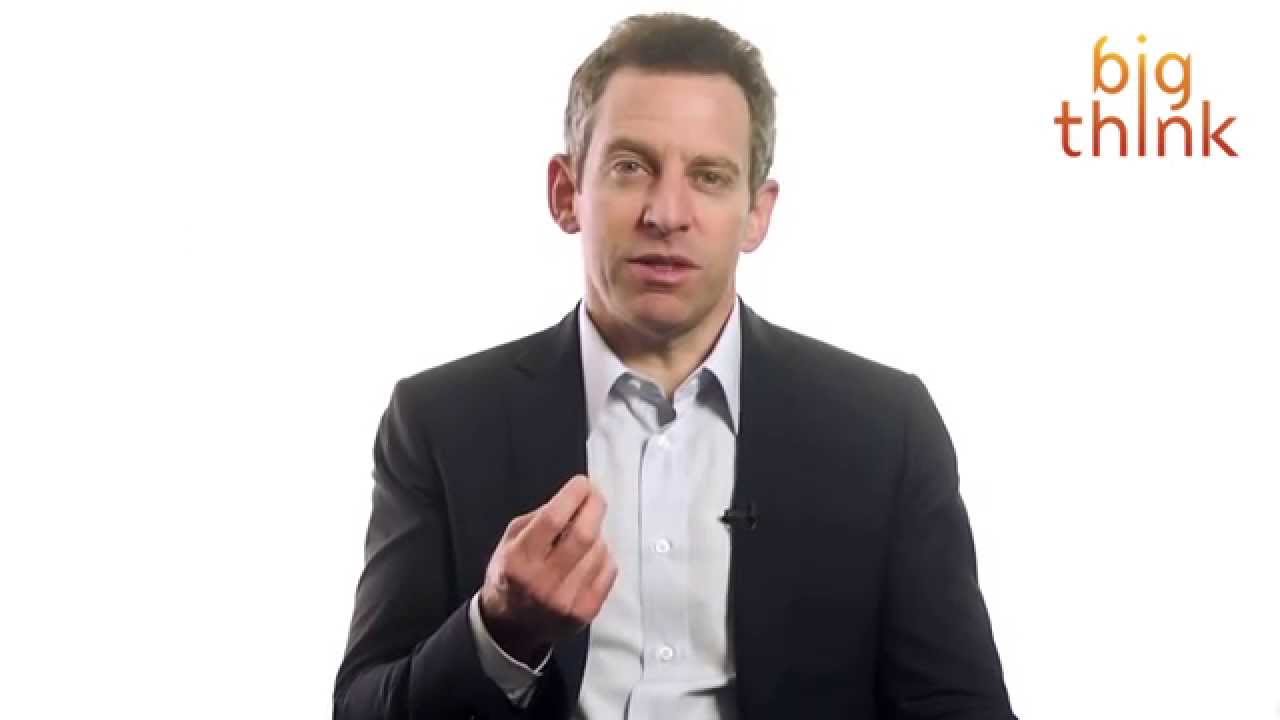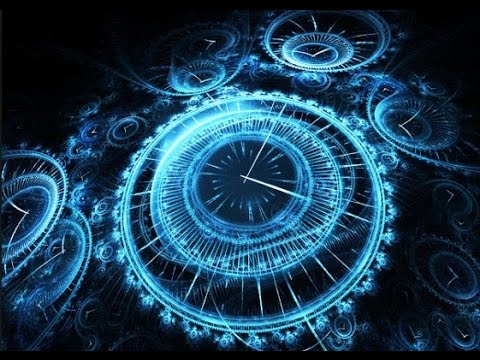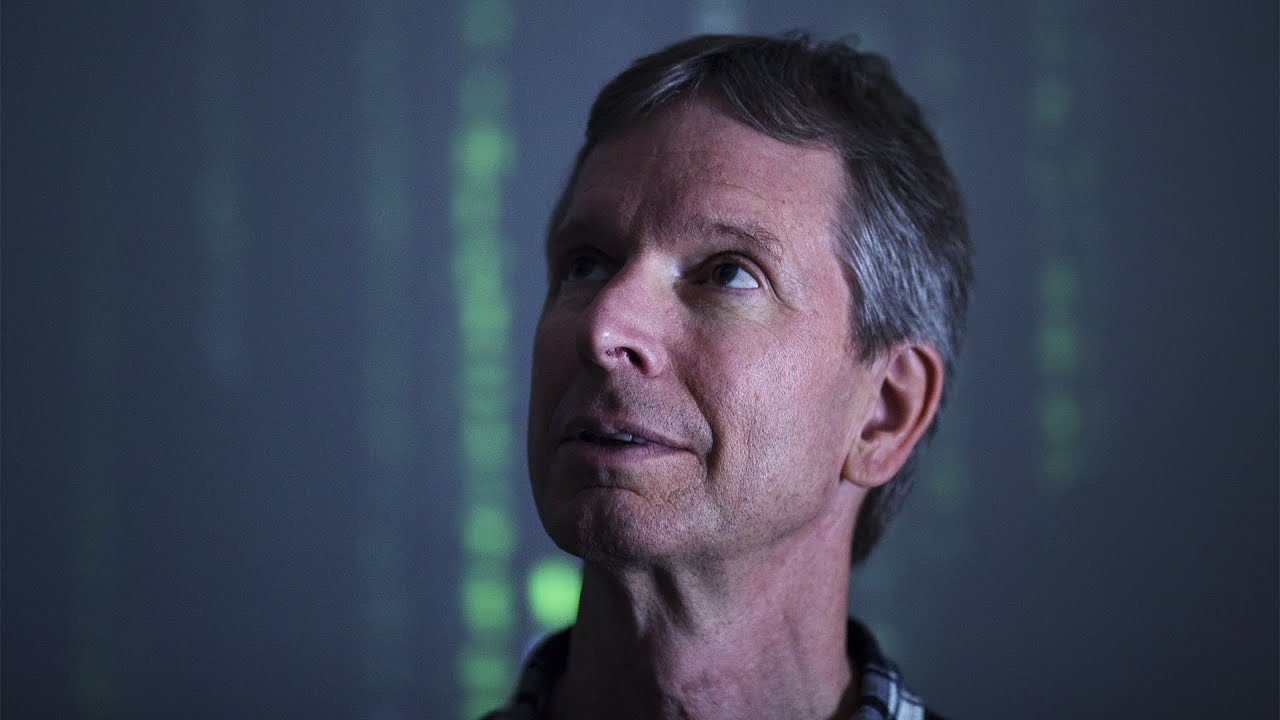Science tells us that the basis of our experience happens first and, self-consciousness happens as an after-thought. The Buddha’s teachings on consciousness also provide us with an account of a ‘step by step’ process. Consciousness is (produced) as a consequence of a process. There is the phenomenal happening and then we make sense of it! Did you hear that? We do not know conclusively the ‘actual’ nature of this phenomena THAT WE EXPERIENCE and call: the world (that’s a fact not a conjecture). Science has not got to the bottom of that rabbit-hole - it may never get there? The whole of reality could be a single vibrating membrane - according to one take on *M-theory. It is an ongoing area of inquiry in Science - one that we all find interesting. Science is always a ‘best case scenario’ - it deals with statistical probabilities and explanations derived from other procedures e.g. field studies. Science does not tell us ‘this is the truth’ of the matter - it tells us, this is what we have come to believe as a consequence of the interpretation of our experimental findings, 1) some of these findings are compelling, 2) some are interesting and, 3) some are works in progress! We really need to distinguish clearly between these 3 or we can get a little confused about science.
This goes to the question: what is scientism? The practitioners of scientism like to ‘claim’ they see the truth - the final actual conclusion about how things really are - be careful regarding this tendency. Scientism exists in a parasitic relationship with science. It exploits the human weakness to want to ‘know’ as a consequence of a fear of the unknown. The fragile and false-ego finds a sense of security in the known. It is in the habit of making truth-claims on a regular basis - I am right and you are wrong - and so it goes … This all-to-human tendency can lead us astray!
Scientism has now ‘infested’ Buddhism and it has the same eroding effect there that it has in science. Scientism is the dumming-down of ‘science’ and the ‘Buddha-Dhamma’ - it is not compatible with these 2 fields of open-inquiry. Those who are interested in science cannot be selective with their facts - accepting those facts that fit their theories and giving short-shrift to inconvenient truths.
Why do we experience ‘existential’ dukkha on silent retreats? I am not saying you do - but it is not uncommon. The imaginary self gives the impression that we are being deprived - there is a ‘lack’ of sufficient input. We stew in our own juices and crave sensory and mental stimulation. Instead of being faced with a barrage of diverse experiences that we know and are familiar with, we are faced with ‘just this present breath’ or, immediate sensations etc. The mind begins to ‘reel’ and seeks juicy ideas to ruminate over to counter its boredom with the simplicity of just being present - to ‘what is’. Some of the information - that the mind throws up - to avoid being ‘empty’ and present, is unpleasant. So, we change our focus to nice ideas that are less disquieting. Thoughts about universal loving-kindness is something we can use etc. to deal with the negativity. The whole unsatisfactory dynamic comes into view - we see it - if we are lucky? This is when new discoveries have a chance to arise - new insights.
Science tells us that ‘experience’ - or the basis of what we experience - happens first and that *self-consciousness - taking ownership of experience - happens as an after-thought. This is why awakening is possible? You need to factor this scientific discovery into your discussion and, it goes without saying, your findings in contemplative-science i.e. Buddha-Dhamma. This may lead you into a new sphere of discovery - more in-line with the Buddha’s liberating insights. It is worth mentioning that in the Buddha’s teachings ‘sakaya-ditti’ (personality belief) is not found in the consciousness ‘kandha’ (group). The kandhas are an interactive process. Nevertheless, it can provide greater clarity if we tease out the different elements and aspects of the body/mind. The fact that consciousness and the ‘sense of self’ are often conflated in the ‘hard problem of consciousness’ adds to the confusion.
“Then, Bāhiya, you should train yourself thus: In reference to the seen, there will be only the seen. In reference to the heard, only the heard. In reference to the sensed, only the sensed. In reference to the cognized, only the cognized. That is how you should train yourself. When for you there will be only the seen in reference to the seen, only the heard in reference to the heard, only the sensed in reference to the sensed, only the cognized in reference to the cognized, then, Bāhiya, there is no you in connection with that. When there is no you in connection with that, there is no you there. When there is no you there, you are neither here nor yonder nor between the two. This, just this, is the end of stress.” - Bahiya Sutta

In Sam’s ‘big think’ above he says: “consciousness is the quality of what it is to be you”. This is what is making the hard problem of consciousness ‘even harder’. The sense of what it is to be irreducibly you is actually an after-thought - an assumption. Consciousness happens and then a sense of self arises. This is Buddhism 101 - if this was not the case an Arahant would be an impossibility.
There are six different kinds of stimuli (subtle or gross). The essential nature of this stimuli - if it has any - is yet to be determined. There is contact between a stimulus - a so-called object - and one of six sensory-systems. This interaction produces consciousness. Consciousness is a necessary condition in the arising of a ‘sense of self’ but personal stories also play an important role in filling out the details. The stories are the products of memory and perception. With regard to the Arahant there is consciousness but no arising of personality belief - no sense of self.
After an extended period of reaction-free attention the sense of self disappears and does not reappear. Activities take place but there is no sense of an actor. This is a very different frame of reference - incredibly beautiful. Profound relaxation and ease and no expectation. No felt-need to go beyond basic requirements - physical and mental. Replete! A pristine energy - not wasted in useless ideation and pursuits. “Energy = happiness” - Ajahn Brahm
There is nowhere in particular to be and, nowhere in particular to go - anywhere is good enough. Fully present without resistance to ‘what is’ - appropriate responses as required. Welcome home! The doors wide-open and there’s nothing in the way - a whole lotta nothing in the way and its going nowhere. Every experience that has ever happened has ended up in the same place where the next experience is going? What is the shortest duration of an experience? When the next experience has met its required end there is an opening - an opportunity for the process to continue … Seeing deeply into the present moment where every so-called thing makes its appearance there is the empty stillness and silence at the beginning and end of it all. The elegant solution is simple - keep it simple.
“We shall not cease from exploration. And the end of all our exploring will be to arrive where we started and know the place for the first time.” - T.S. Elliot
*Heterotic M-theory has been used to construct models of brane cosmology in which the observable universe is thought to exist on a brane in a higher dimensional ambient [space].



